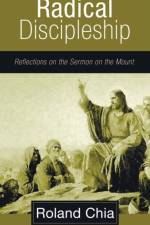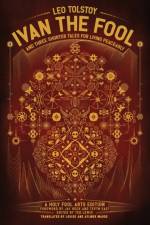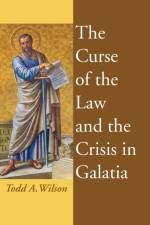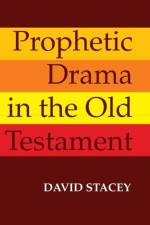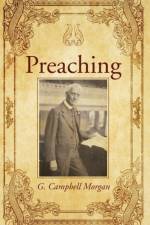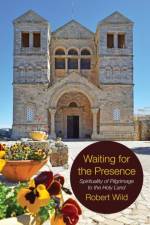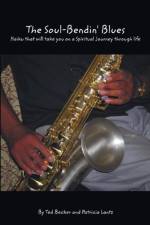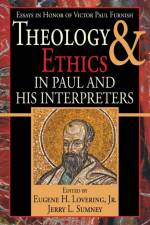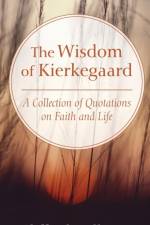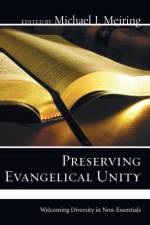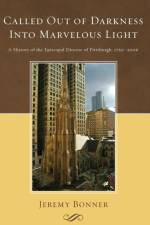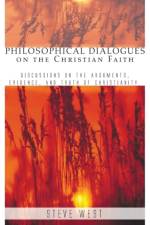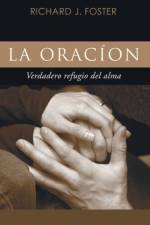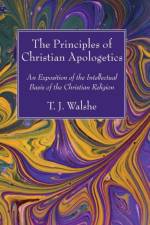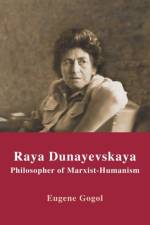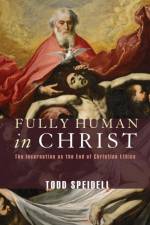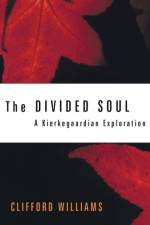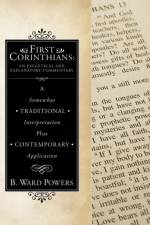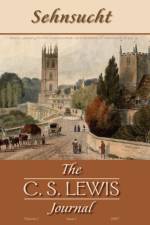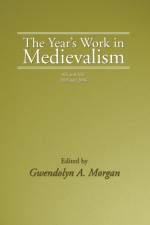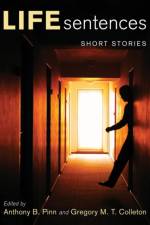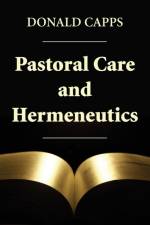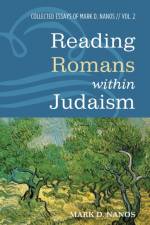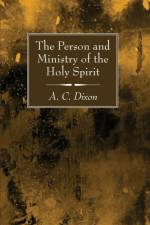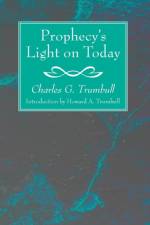av Ray S Anderson
539
""No one has contributed more substantially to creative, orthodox Christian thinking about human nature, pastoral theology, and counseling over the past 30 years than Ray Anderson. His latest book is most welcomed, particularly given its focus on the family, a pivotal cultural institution of obvious developmental importance, which radical postmodernism has attempted to radically redefine, but which always warrants a fresh, practical, Christian approach and critique.""--Eric L. Johnson, Southern Baptist Theological Seminary""Combining the wisdom accumulated in his years as a seminary professor and scholar, pastor, and counselor, Ray Anderson has given us an outstanding book on marriage and family ministry in contemporary culture. Even more than this, it is the best statement I know of on a theology of the family, including the place of family in the church and wider society. . . . [H]ard issues in family life such as violence and abuse, homosexuality, care for the elderly, and death are addressed with a combination of biblical truth and grace. Something Old, Something New is must reading for all persons involved in ministry today!""--Jack Balswick, Fuller Graduate School of Psychology""For a Church often despairing of biblically based resources in ministering to the family in our postmodern culture, Ray Anderson''s twenty-fifth book focuses on recovering a theology of the family. His seminal volume (written with Dennis Guernsey), On Being Family: Toward a Social Theology of the Family (1985), virtually created the new genre of the ''theology of the family.'' In Something Old, Something New: Marriage and Family Ministry in a Postmodern Culture, we find the fruit of Anderson''s mature reflections that will give hope and guidance to the Church of the twenty-first century. He discusses marriage and parenting, divorce and remarriage, singleness and cohabitation, and other issues within the diversity and relativity characterized by our postmodern context. His decades of experience as a seminary professor and church pastor enable him to articulate a theology of family ministry that offers concrete help for families, churches, and pastors based on the healing ministry of Christ in today''s society.""--Chris Kettler, Friends University, and Todd Speidell, Webb School of KnoxvilleRAY S. ANDERSON (1925-2009) was Senior Professor of Theology and Ministry at Fuller Theological Seminary where he has taught for more than thirty years. He is the author of more than twenty-five books, including, The Seasons of Hope, Marriage and Family Ministry in a Postmodern Culture, The Soul of Ministry, Ministry on the Fireline, and The Shape of Practical Theology.

